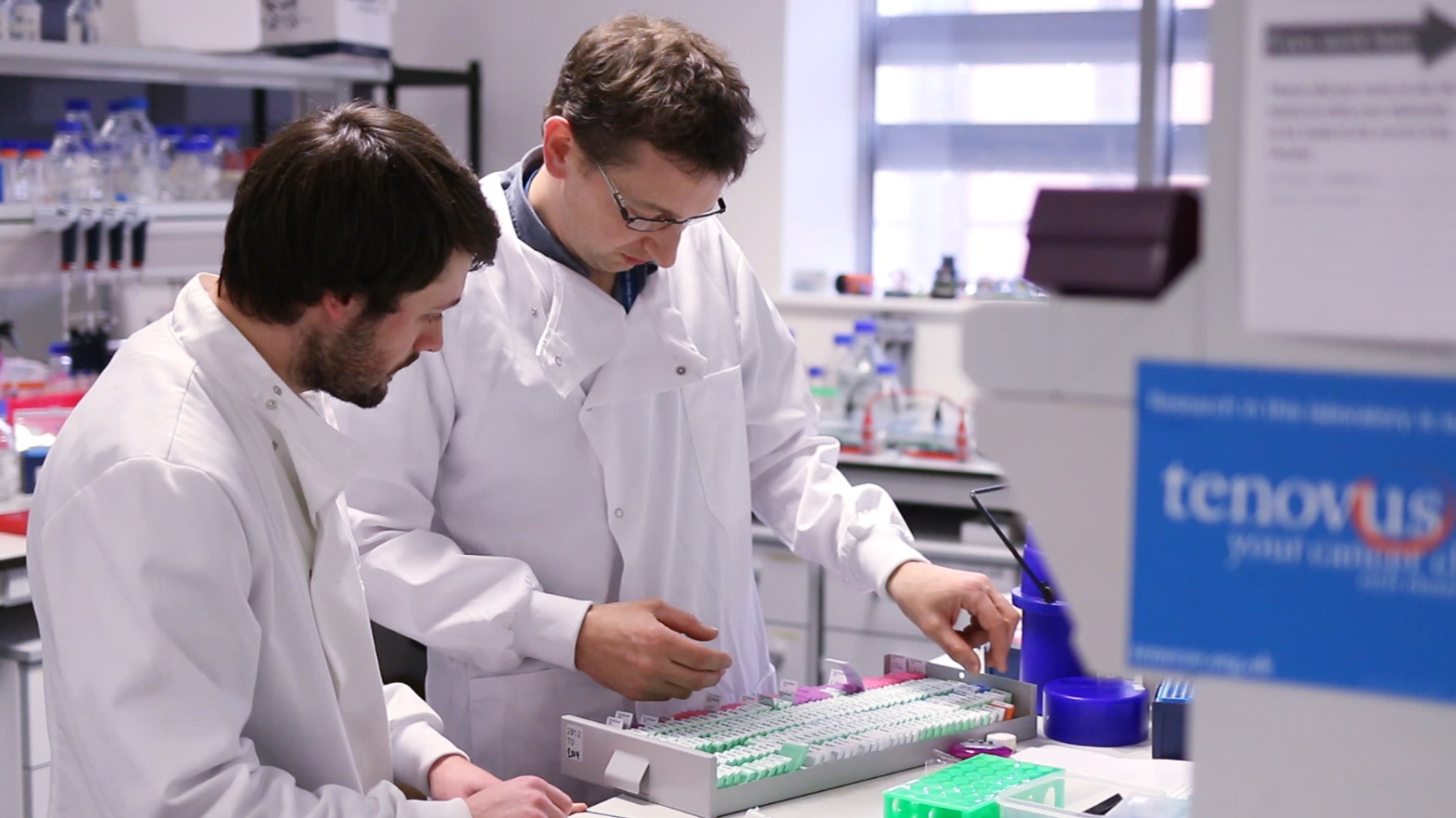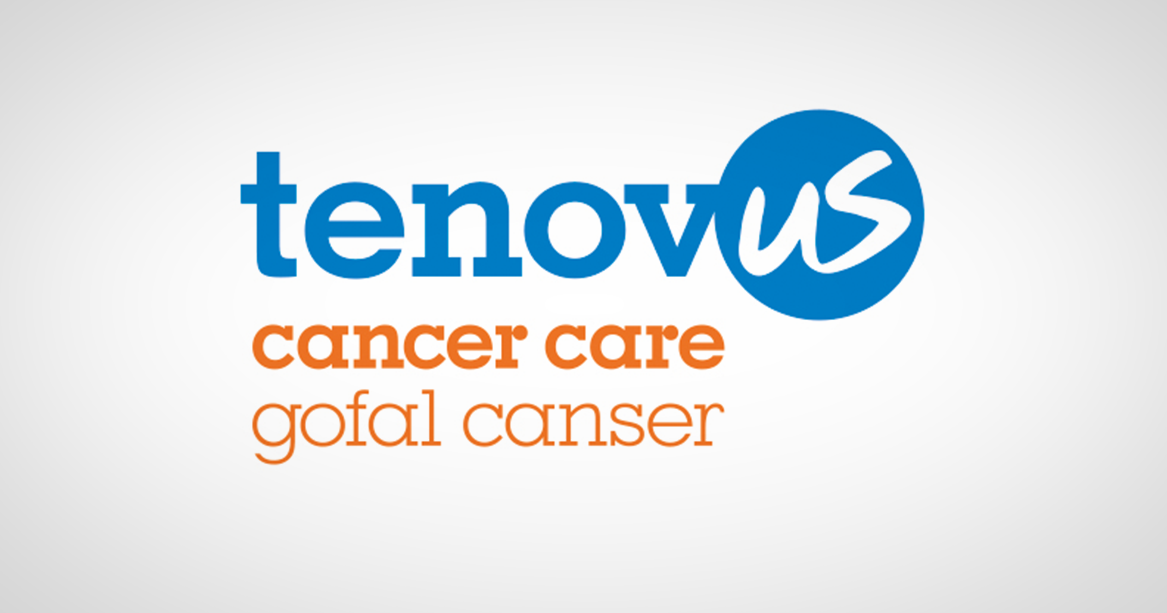ELLIOT NAYLOR KESS 2 Masters by Research My background is in Computer Games Development during which I was granted the unique opportunity to develop a game for the Road Safety Trust called ‘Virtual Road World’ (VRW). Whilst developing this game and communicating with staff, I was encouraged to apply for a KESS 2 ‘Masters by… Read more »
Case Studies: cancer
Current KESS 2 projects in partnership with Tenovus Cancer Care
The research supported through KESS 2 and Tenovus Cancer Care has already done so much to help cancer patients. Below are projects that Tenovus Cancer Care is currently supporting with KESS 2, to continue helping people affected by cancer. 2018 Delineating how PI3K/PTEN oncogenic signalling contributes to prostate cancer Student: Manisha Dass Supervisor: Dr Helen Pearson… Read more »
Defining the utility of novel pre-clinical cohort model systems
The Student Perspective by Huw Morgan, Cardiff University. The project that I am working on is in partnership with Tenovus. I am looking at the utility of a novel pre-clinical cohort model system, which is in relation to breast cancer. The discovery and development of new drugs at any given time point is termed the drug pipeline and it can be broken down into four broad categories: i) discovery, ii) pre-clinical trials, iii) clinical trials and iv) marketing.
Read more »Understanding the anti/pro tumourigenic role of INF-Y in intestinal cancer
The Student Perspective by Chris Towers, Cardiff University. My KESS project is looking at the role of a molecule in the immune system called interferon gamma, and I am trying to find out whether it causes a positive or a negative effect in colorectal cancer. My project is important because colorectal cancer is the second most deadly cancer and as a result it is immensely important to alleviate the suffering caused by this disease.
Read more »Development of a novel quinone prodrug delivery system for cancer (Presentation)
The chemotherapy agents which are in current use are highly toxic compounds and are also non selective meaning that in effect the patient is being medically “poisoned” in the hope that the cancer will die first. Prodrug technology allows for the selective deployment of highly toxic drugs into cancer cells, whilst healthy cells are left relatively unaffected.
Read more »











